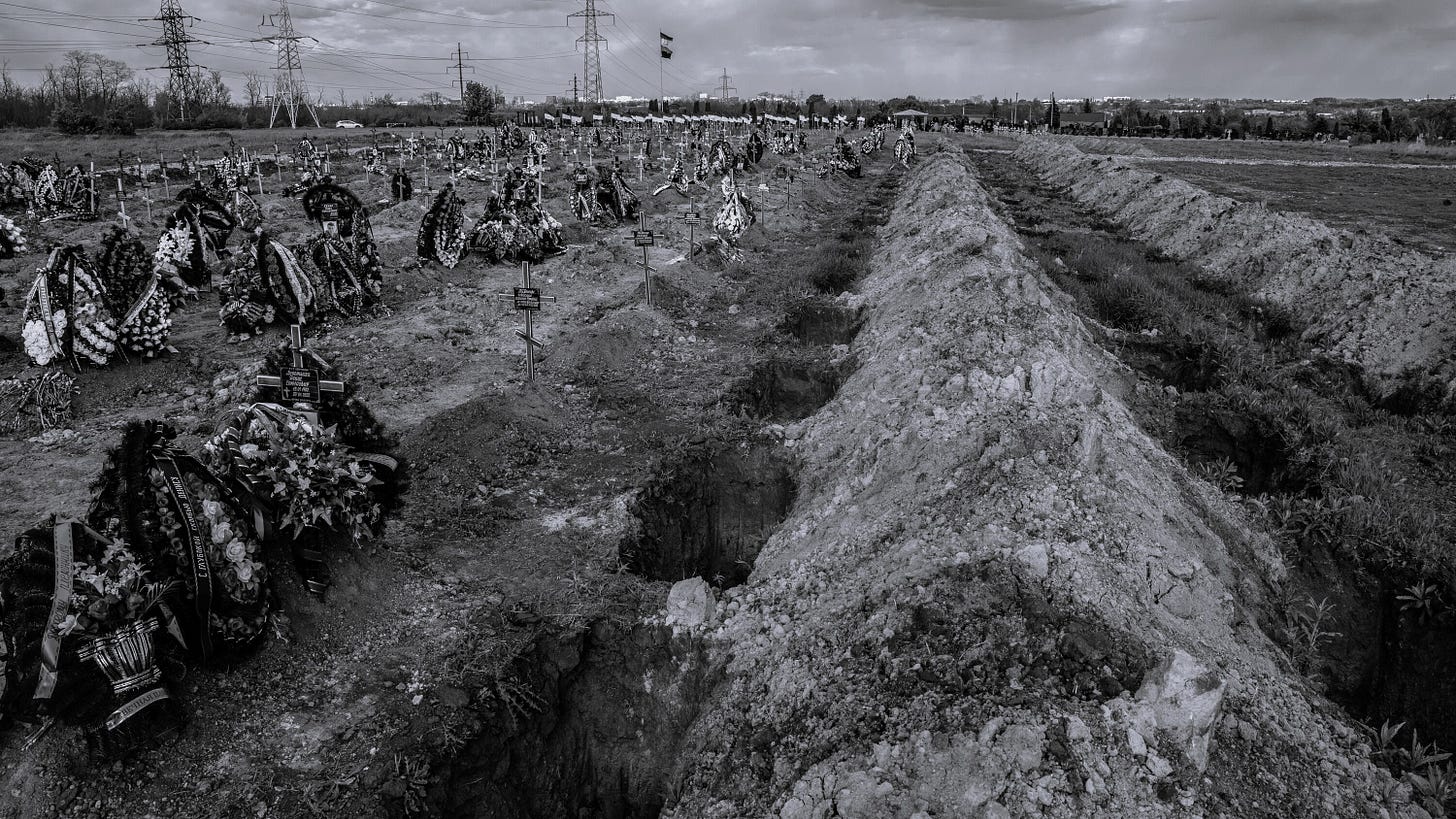The Moscow Conditions
Putin’s peace offer was not about peace but about the risks of further war
On 16 June, Russian President Vladimir Putin has laid out his country’s conditions for ending the fighting in Ukraine and, after that, a comprehensive peace settlement (hereafter, the Moscow Conditions). Unsurprisingly, this was clearly a thoroughly prepared statement, and it was delivered in a setting obviously carefully chosen to signal its importance: As Russian TV news have emphasized, this was not just any meeting of the president with the staff of the Ministry of Foreign Affairs. Instead, it was a rare occasion when representatives of that ministry, including its highest ranks, members of the Presidential Administration, the Federal Assembly, and various other executive agencies were gathered for a major meeting with the president. The last time this format was used was November 2021, that is before the large-scale war in Ukraine.
Putin stressed that he was speaking not about a “freezing of the conflict, but its conclusive ending” and that if Kiev were to agree to the conditions he was enumerating – beginning with a full military retreat from the areas of the oblast regions of Donetsk, Lugansk/Luhansk, Kherson, and Zaporizhzhia/Zaporozhe, which Moscow has annexed – Russia would proceed to negotiations (clearly implying, of a full peace settlement) without delay.




